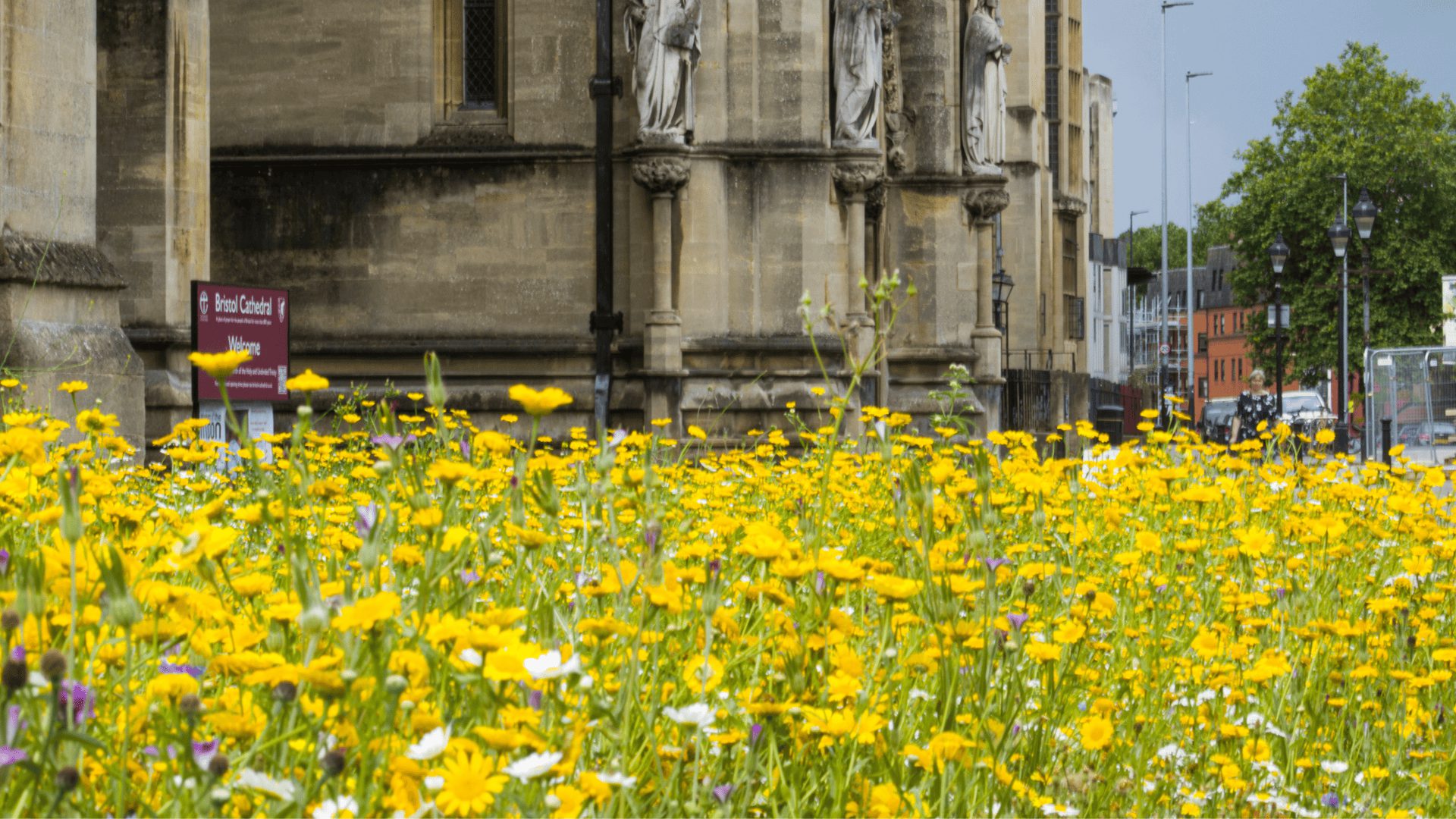The savage cuts proposed today by Bristol City Council come on top of previous cuts that have already reduced the workforce to the bare minimum. In 2005 there was a Park Manager for each of 10 areas across Bristol. Today each Park Manager has to cover a third of the City. Back then there was also a much larger support team behind the scenes. It is no wonder that people find it difficult now to find someone to talk to about issues in Parks.
But these cuts are not the fault of the Council and are certainly not the fault of the Parks team. The staff I know in the Council’s Parks Service are as passionate about the importance of parks to the City and its residents as I am. They did not join to manage a decline in the service, they joined to help make things better, to improve parks and to make them safe and welcoming places for everyone.
The cuts imposed on Councils by the UK Government has put decision makers in an impossible position. Adult and children’s social care is taking a larger and larger percentage of the budget and it is almost impossible to make cuts, indeed the demand and therefore costs of those services continue to increase.
Social services take somewhere around two thirds of the budget. To achieve a 20% cut in the Council’s overall budget (which is what is being suggested might be needed of the next few years) means cutting well over 50% of the remaining departments' budgets. Within that there are certain statutory services that the Council has to provide – for example it has to continue to collect household waste. Parks are not a statutory service; the Council does not have to provide parks.
Yet we all know, and it was proven during the pandemic, that parks and green spaces provide a vital service, people need parks for their wellbeing. Improvements to physical and mental health from people visiting parks saves the NHS millions of pounds a year. Parks also have a huge part to play in helping to prevent and mitigate the Climate and Ecological Emergencies.
If parks and green spaces are not well maintained then there is a risk of a spiral of decline - less welcoming parks attract fewer visitors, fewer visitors mean more opportunities for anti-social behaviour, fly-tipping and vandalism, which in turn further discourages use of the space.
This also has real potential to worsen inequality in the City. Areas like Hartcliffe and St Pauls experience the highest level of Green Space Deprivation. Declines in the quality of green space in these areas, where parks are already generally poor and facilities underprovided, will have a greater and more immediate impact than in the more affluent areas where parks are of a higher quality and volunteers more active.








